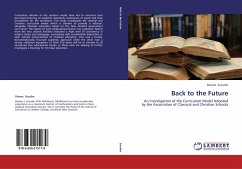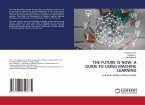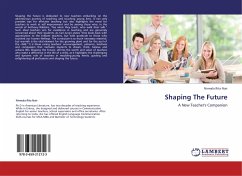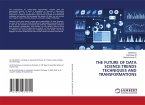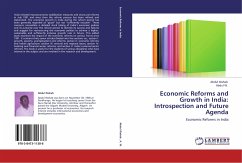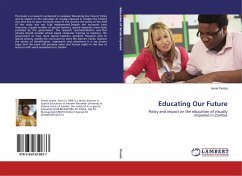Curriculum reforms in the western world have led to concerns over perceived lowering of academic standards, lawlessness of youth and their unreadiness for the workforce. This study investigates the classical and Christian curriculum model which is claimed to provide a solution, alongside Christian education based on the New Zealand government curriculum. The impact of each philosophical stance was evaluated. Results from the two schools involved indicated a high level of consistency in subject choice and pedagogy, contrasting with considerable disjunction in each school's interpretation of Christian education. One was a formal, denominationally focussed academic approach while the other had a strong relational expression of faith. This book will be of interest to all concerned over educational trends, or those who are seeking to further investigate a meaning for Christian education.
Bitte wählen Sie Ihr Anliegen aus.
Rechnungen
Retourenschein anfordern
Bestellstatus
Storno

